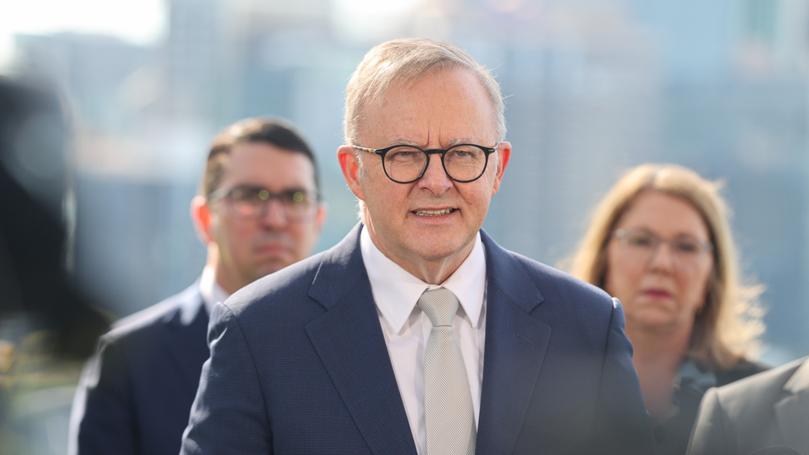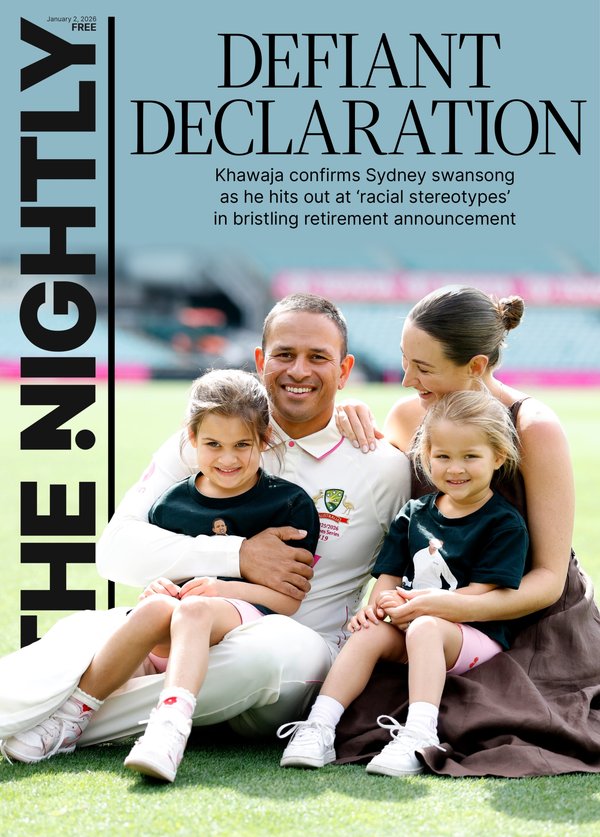Federal Budget 2024: Albanese Government set for $11.3b splash to build more homes

An $11.3 billion housing package in next week’s Budget will boost crisis accommodation for women fleeing domestic violence and combat homelessness as well as include extra money for infrastructure to get houses built faster.
The Federal Government will also make universities provide more accommodation for domestic and international students to help ease pressure on the private rental market.
The new package, branded Homes for Australia, includes a $9.3 billion five-year national agreement on social housing and homelessness that State and Territory leaders signed on to during a national cabinet meeting late on Friday.
Sign up to The Nightly's newsletters.
Get the first look at the digital newspaper, curated daily stories and breaking headlines delivered to your inbox.
By continuing you agree to our Terms and Privacy Policy.Under the deal, the Commonwealth will double its homelessness funding to $400 million a year, a move the States will match.
A further $1 billion will be used for crisis and transitional accommodation for young people and for women and children fleeing domestic violence, including $175 million extra in Commonwealth grants.
The States and Territories will share $1 billion to build roads, sewers, energy, water and community infrastructure needed to enable the construction of new homes including extra social housing.
The Federal Government has set a target for the nation to build 1.2 million new homes by 2029. However, experts and the construction sector have repeatedly warned it risks falling short.
The National Housing Supply and Affordability Council handed the Government a report last week forecasting only 1.04 million homes would be built in that time and warning that affordability was likely to worsen in the next few years.
The Government says it knows the target is challenging, but that “it’s a challenge we have to meet”.
“This Budget means more tradies, fewer barriers to construction, less talk and more homes,” Prime Minister Anthony Albanese said.
“This isn’t about one suburb or one city or one state. It’s a challenge facing Australians everywhere and it needs action from every level of government.”

